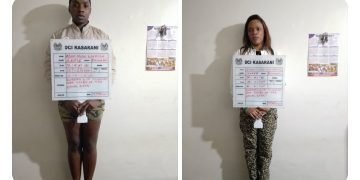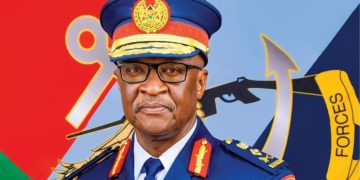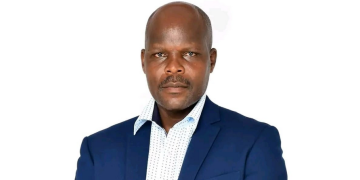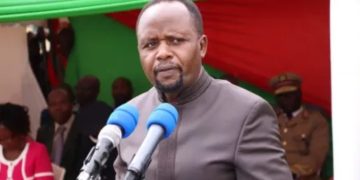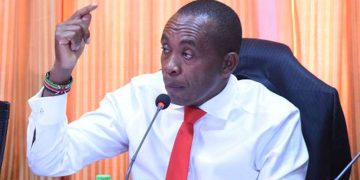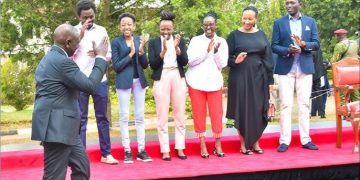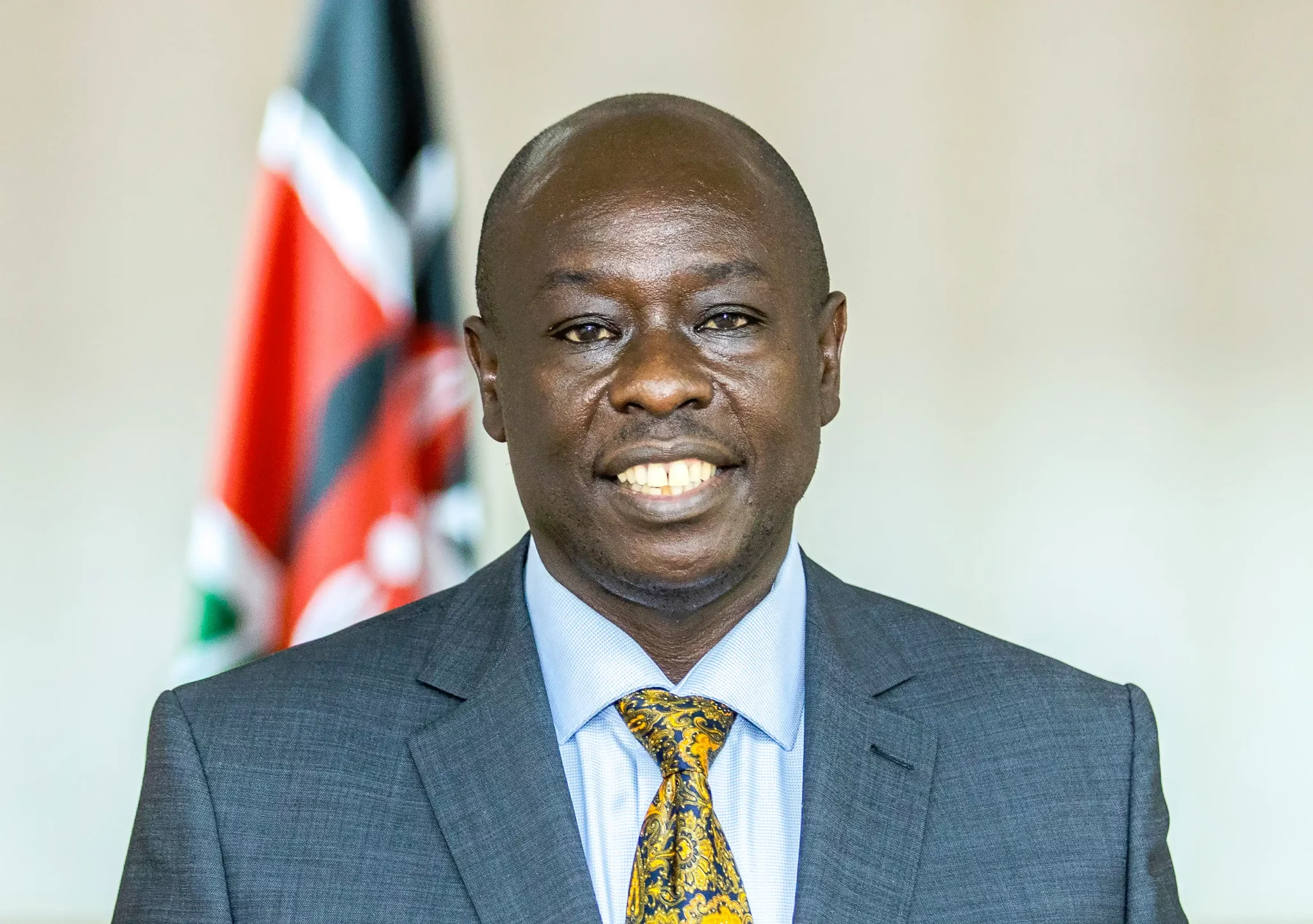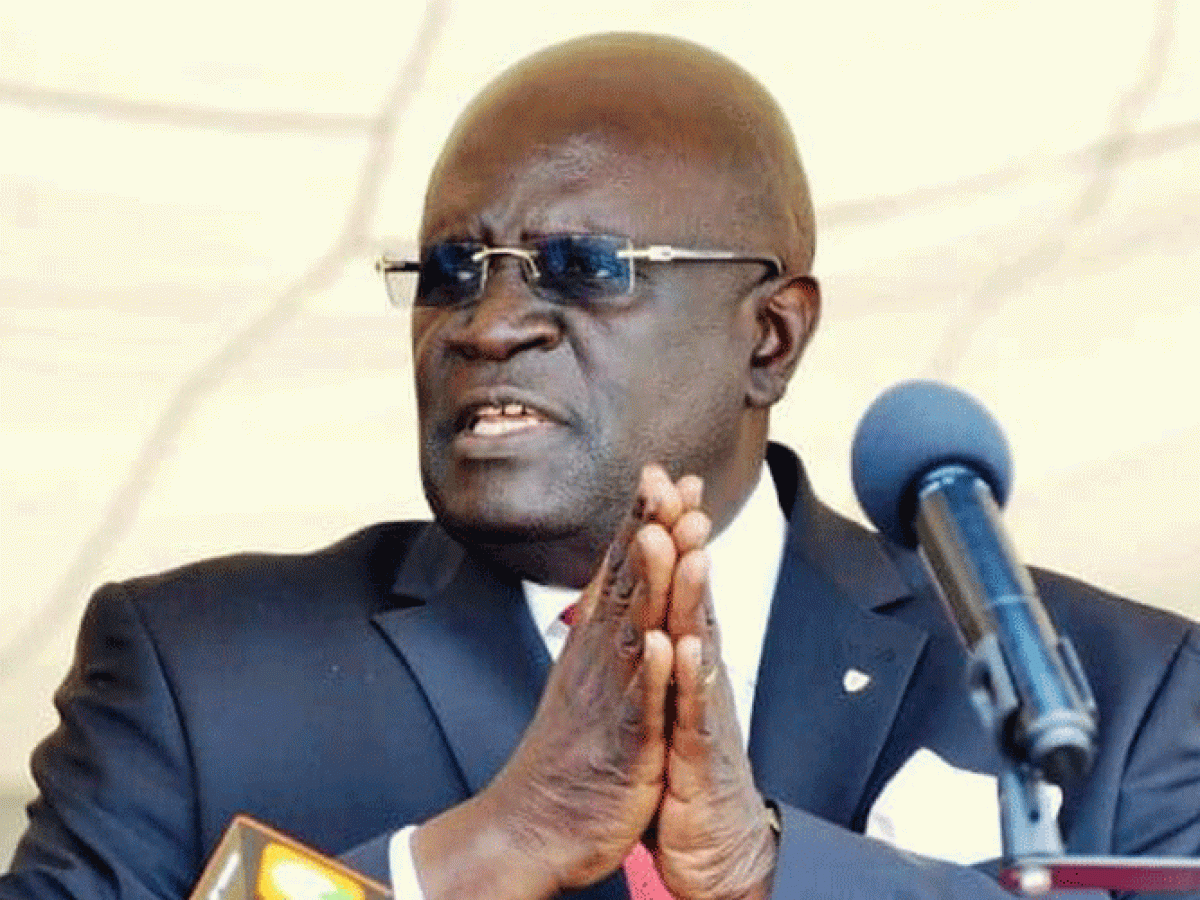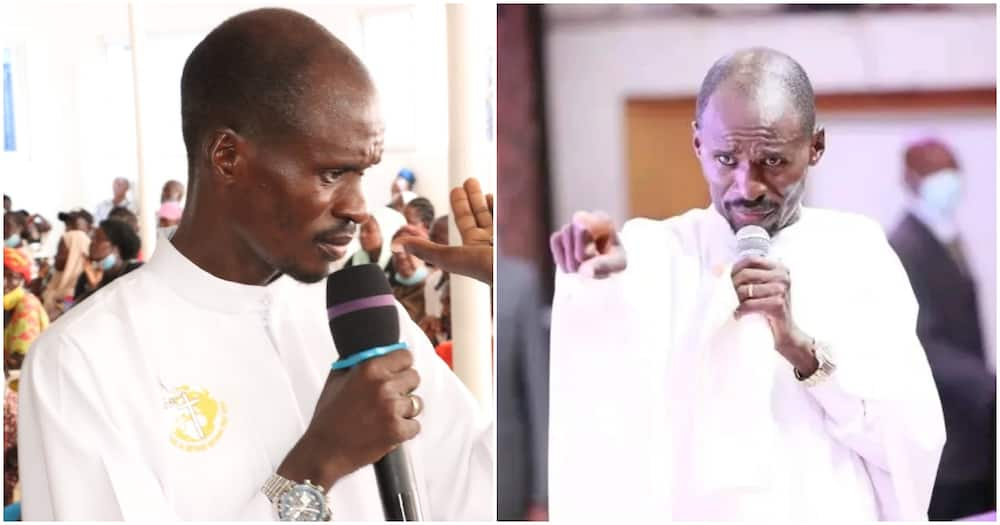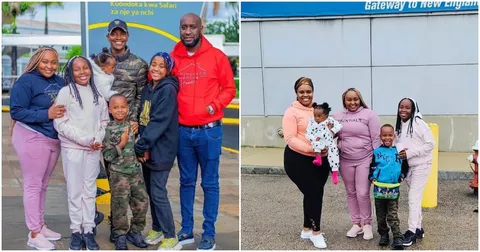Several people are curious about the steps the new president William Ruto will take against media stations which took sides and openly campaigned for Raila Odinga during the 2022 general elections.
More in particular, the Royal media services, which was pro-Azimio.
As was evident, a few hours after Supreme Court upheld his election win, President Ruto held a press conference where he fielded questions from journalists from various media houses.

At the tail end of the media briefing, he threw a curve at Citizen TV with a snide remark passed off as a dry joke.
“We can have the last question and by the way, where are my good friends from Citizen Tv? Mr Ruto remarked before adding, “I want to promise you that you will be treated equally as other Kenyans. I know sometimes people think that people who fought against us will have a problem as we harbour grudges, but we don’t. We shall work together,” he stated.
For the cursory eye, this was an olive branch delivered in a conciliatory tone, but reading between the lines reveals a veiled punch that has put Royal Media Services on notice. RMS chairman, Mr S.K. Macharia, made it no secret of his support for Raila Odinga – along time friend – and used his media platforms, including Citizen TV and other radio outlets to drum up support for his preferred candidate.
At some point during the campaigns, the Kenya Kwanza team led by Mr Ruto called out Royal Media Services and Daily Nation over their biased coverage. Mr Ruto even threatened to boycott the presidential debate.
“We wish to highlight the notorious instance of runaway ábuse of public bandwidth by Royal Media Services a licensee which has converted its platforms, especially Citizen TV, Inooro TV and Inooro Radio to official campaign mouthpieces of the Azimio La Umoja. The Daily Nation complements these abuses by becoming their print counterpart,” the party said in a statement.
After winning the election, President Ruto assured Royal Media Services (RMS), which owns Citizen TV, Inooro TV, Ramogi TV and a chain of radio stations that his administration will not pursue personal vendetta. Speaking to the media on 5th September, Mr Ruto stated that RMS would be treated equally as other media houses during his reign.
After his statement, leaders who had accompanied him during the conference burst into laughter even as Brenda Wanga from Citizen TV took the opportunity to ask her question. The laughter was very telling, knowing well their boss was masking his intentions, delivered by someone who just got the bragging rights.
Like Donáld Trump took on CNN and its journalists after his election, Mr Ruto directly took a swipe at some of the Citizen TV journalists who had openly supported his opponent. Trump spend most of the time during his presidency criticizing CNN. “I think it is a fair question. How is my good friend Stephen Letoo doing?,” Mr Ruto asked, tongue in cheek.
Mr Letoo, a political reporter assigned to cover the Azimio team during campaigns, retorted and told Mr Ruto that he was available. “I am here my good friend, Mr President,” Letoo posted on his social media accounts.
The Ruto-led claimed the RMS-owned station gave them less air time compared to Raila. Now as president, it expected that Ruto will covertly seek to teach RMS and its owners a lesson or two. Given that the government is the biggest advertiser, the easiest and most painful way would be to deny the RMS stations, or some of them, key advertising from government and its agencies.
Samuel K. Macharia, who supports Raila Odinga, has proved resilient since the days of Moi when he faced persecution.
This has raised fears at RMS. A big drop in advertising revenue could shrink its revenues and spell doom for journalists, including celebrity presenters such as Jeff Koinange, Linus Kaikai, Victoria Rubadiri, Lillian Muli and Yvonne Okwara, among others.
The only cushion for RMS could be the fact that it’s Citizen TV and Radio Citizen are the top in the country and cannot be ignored especially when it comes to reaching to the masses with critical information.
RMS, which has proved resilience since the Daniel Moi days, has three TV stations and over a dozen radio stations, majority of them vernacular.
Kenyan media houses took sides and often gave more positive coverage to the Raila Odinga led Azimio La Umoja Coalition.


